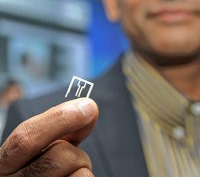Pro Bono and Public Interest Legal Work at Marquette
Friday was the 2014 Posner Exchange and Pro Bono Society Induction at the Law School. The event honors law students who have achieved 50 or more hours of pro bono service while attending law school. Special recognition is given to students who have achieved 120 or more hours. The Hon. Ramona E. Romero, the general counsel of the United States Department of Agriculture, was the speaker at this year’s event. Congratulations to the honorees for starting their careers by including pro bono service in their work.
Recently I attended a panel presentation at the Law School on pro bono opportunities available to our law students. I was so impressed by the opportunities that I am highlighting them here. To qualify as pro bono, the work must be supervised by a licensed attorney, not for pay or credit, primarily legal in nature, and in the service of underserved populations–those with barriers to equal access to justice, or for an organization whose mission is to serve underserved populations.
Students gain valuable experience in client interviewing skills and accessing and completing forms, two practical skills that are difficult to convey in a classroom setting. Pro bono also gives students exposure to a variety of practice areas and opportunity to work alongside and be mentored by a cadre of more than 250 volunteer attorneys.

 The Aereo case was argued this morning, and before Paul Clement could even get rolling on his introduction on behalf of the broadcaster plaintiffs, Justice Sotomayor hit him with this:
The Aereo case was argued this morning, and before Paul Clement could even get rolling on his introduction on behalf of the broadcaster plaintiffs, Justice Sotomayor hit him with this: